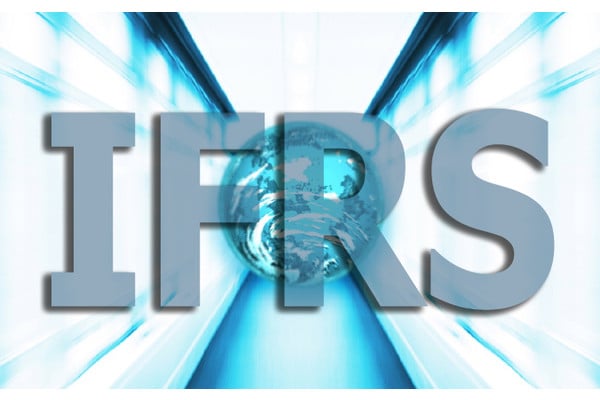Adopting IFRS alongside VAS requires technical, strategic, and operational changes. There also will be an unavoidable impact on information technology (IT) systems, as companies change the way they manage and report on numerous business activities. Hence, companies should employ a methodical approach when building the IFRS framework.
There are three major phases:
1. Diagnosis
In the initial phase a company should assess its readiness for IFRS. Since IFRS has impact far beyond the accounting department, the assessment should address all parts of the company that have a role to play in transitioning to IFRS. Some of the specific focus areas:
- IFRS-specific skills. Are there IFRS-specific skills available within the company and, if not, what is the best way to get access to the skills—good sources include your enterprise software vendor and specialised vendors, such as accounting firms and training firms, that have IFRS practices.
- Training. What training is required across the enterprise to support the transition effort? Many employees will have part-time responsibility for the adoption of IFRS that stems from their primary responsibilities.
- External agreements. What agreements are in place that have financial ratio covenants attached that may be affected by the introduction of IFRS accounting?
- Financial instruments. What impact do the financial instruments have on your operation? With changes in a reportable position triggered by IFRS adoption, will there be a business case for changing operations?
2. Development
With your company’s readiness for the IFRS framework determined, the next step is to develop strategies that each part of the business will need to implement. This phase is more detailed and action-focused.
- Financial management. Specific plans for aligning hedging strategies, covenant ratios, etc. with IFRS need to be developed. Specific changes in account structures, analysis codes, integration changes, financial reporting, etc. also need to be developed.
- Human resources. The need to comply with IFRS can have a significant impact on a company’s human resources. Companies will have to segment geographies and business units that contribute more than 10% to bottom-line revenue. In keeping with this segmentation, companies may also believe it is prudent to ensure bonus payments for employees in these business units are more clearly defined.
- Communications. As with any change-management activity, prompt, clear, and comprehensive internal and external communications is essential. In addition to employees, you will need to communicate your progress in transitioning to IFRS to analysts, the press, banks, shareholders, and government regulatory officials.
- Review end-to-end business processes. In addition to the targeted business processes of financial management, human resources, and communications, it is also useful to assess how IFRS will impact end-to-end business processes such as Order-to-Cash and Procure-to-Pay.
- Supporting technology. The Development phase is the time to determine the specific ways in which your IT systems will need to change and begin the process for implementing those changes.
3. Delivery
The development of specific IFRS-related business changes is followed by a Delivery phase. In the Delivery phase you begin implementing your IFRS compliance strategies. This requires several steps, including:
- Testing. It will be necessary to test modified business processes to ensure that the correct information is captured and processed correctly.
- Reporting. It is important to have reporting processes that are flexible. Rigid, spreadsheet-based reporting based on a prescriptive model will not support multiple reporting requirements.
- Auditing. The final step in the delivery phase is to have external auditors review and confirm that your process changes will lead to IFRS compliance.
***
In the next post, we will discuss what IFRS really mean to businesses. Can’t wait? Download the full white paper “FROM VAS TO IFRS: Building business efficiencies and greater competitiveness for Vietnamese companies”.
Subscribe to our blogs to get great content delivered straight to your inbox!
 English
English  Vietnamese
Vietnamese 

